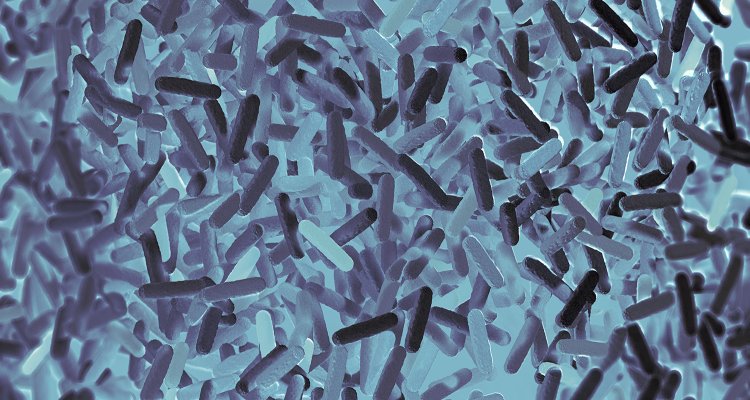
News
Government reserves 200 million euros for Holomicrobiome Institute
The Dutch government has reserved 200 million euros from the National Growth Fund to establish and support the Holomicrobiome Institute for the next decade. Minister Adriaansens of Economic Affairs and Climate made this announcement last Friday. The consortium includes researchers from Wageningen University & Research.
At the Holomicrobiome Institute, scientists from across the Netherlands will collaborate to map interactions between microorganisms on a large scale, focusing on the food system. Microbes have a significant impact on our surroundings, from the soil and water to our own body. Until now, scientists have focused on studying microorganisms within specific domains. However, the institute aims to bridge these domains. That allows them, for instance, to investigate how changes in the soil's microbiome affect the health of farm animals. The objective of this initiative is to generate novel and improved products and services for agriculture, food production, and healthcare.
Not yet finalized
Once the funding from the National Growth Fund is confirmed for the Holomicrobiome Institute, the research can commence. Hauke Smidt is one of the leaders for the Wageningen contribution to the Holomicrobiome Institute. He expresses enthusiasm after the news: "This is fantastic. We are thrilled to soon map the microbiome of the entire food chain for the first time and translate the knowledge gained into practical applications." His colleague Leo van Overbeek adds: "I think it's important for knowledge centers and businesses to work together in the Holomicrobiome initiative. That's the best way to ensure that knowledge about microbiomes in the food production chain is valued."
The minister adopted the recommendations of an independent assessment committee, which advised the government on all submitted proposals. Out of 39 proposals in the field of research, development, and innovation, twelve received definitive or conditional commitments from the government. The consortium is required to provide additional information for assessment by the National Growth Fund Advisory Committee before the funds can be definitively allocated.
Uniqueness
The advisory committee describes the convergence of diverse application areas as unique. They believe in the strength of the Dutch microbiome research field and the importance of multidisciplinarity. The committee holds the view that the microbiome project bridges various significant research domains, leading to accelerated applications in diverse fields.
The committee perceives a strong representation of renowned knowledge and research institutions within the consortium, which instills confidence in its execution. The establishment of a centralized Holomicrobiome Institute is unanimously regarded by consulted experts as a meaningful approach to integrate project components and expertise.
The additional information the committee requests from the consortium before advising on definitive financing pertains, among others, to the valorization strategy of the new Institute and the mandate of the central institute over the entire research program. The consortium will provide this supplementary information to the committee shortly.